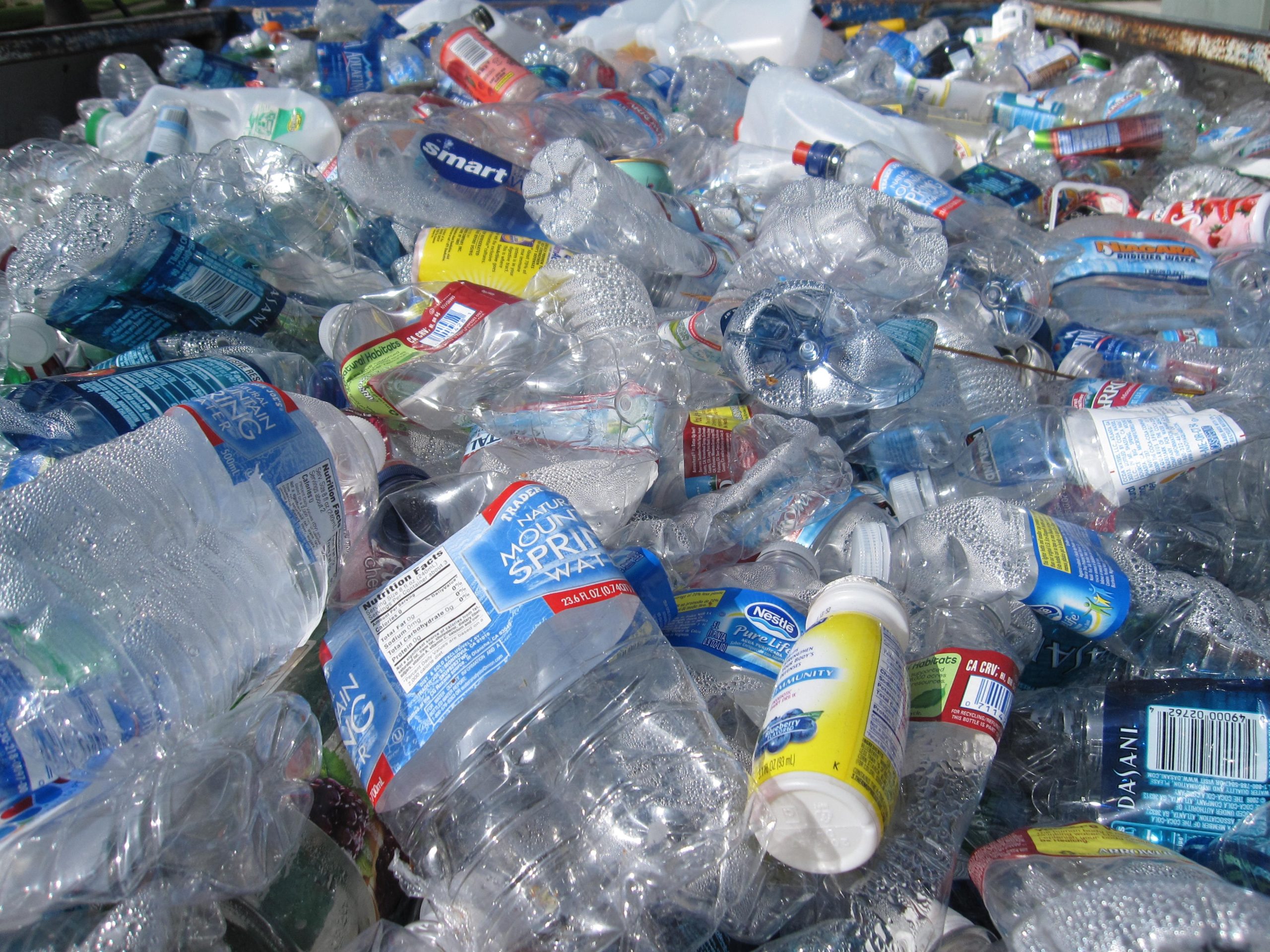As I was leaving Glastonbury, the sheer scale of the clean-up operation became apparent.
Everywhere I looked, the floor was strewn with festival remnants. Broken sunglasses here, plastic cups there, each one with a tale to tell.
Despite this, there were signs things are improving. As this was my first Glastonbury, I didn’t have a lot to compare it to. However, I heard enough idle comments on the improved rubbish situation compared with previous years to draw a half-baked conclusion.
Fortunately, you don’t need to take my anecdotal evidence as gospel. This Independent article shows comparison photos which indicate that things appear to be going in the right direction.
Despite positive steps overall, UK camping festivals produce 24,561 tons of Co2 each year. As places that promote progressive environmental policies, practising what they preach is key to helping promote real change in a world where actions are needed. So, what actual steps can festivals take to reduce their carbon footprint? Let’s take a look.

Ban single-use plastics
Around 100 million single-use plastics are used at festivals every year. The solution? Don’t have them. Whether at bars or food stalls, disposable plastic cups, bowls, and forks all contribute to a huge amount of unnecessary mess.
Where utensils clearly aren’t going to be able to get a second use, it’s important that biodegradable materials like wood and bamboo are used. Fortunately, more than 60 UK festivals have already committed to the Association of Independent Festivals (AIF) ‘Drastic on Plastic’ campaign, paving the way for others to follow suit.
Encourage attendees to do their bit
While we would never suggest shaming guests, a little reminder of how they impact the environment can go a long way. This starts with signposting around recycling and bins and if you can think of some clever slogans or graphics to turn heads, all the better.
Naturally, bins also need to be located at regular intervals, reducing the inclination of lazy attendees to drop their cups for someone else to handle.
Some festivals actually offer cash incentives to help inspire people to do the right thing. Boomtown tickets for example include a £10 eco bond, which is returned to you upon leaving the festival if you provide a bin bag full of rubbish. If you can’t persuade them, pay them.
Use renewable energy sources
As small-scale renewable energy generators become more accessible, it’s entirely possible to include them in your festival’s power supply. Some smaller events might even be able to be completely self-sufficient. In the right location with the right conditions, wind, solar and geothermal generators can be used to create a fully guilt-free experience.
However, for most, this isn’t going to be possible. Where energy does need to be sourced from elsewhere, it’s important to work with suppliers who only derive power via renewable means.

Work with sustainable partners
While working with sustainable energy suppliers is a big part of the puzzle, it’s far from the only thing that matters. Every partner, from food vendors to headline acts needs to be doing their bit to bring down their own emissions.
It’s all well and good working on your own carbon footprint, but not holding other parties to the same standards will dilute your messaging, making it harder to encourage attendees to do the right thing.
Have a lost property process that works
Ok, you could probably sense this one coming, but hear us out. Sorting out lost property at festivals can be a serious undertaking. Not only is it time-consuming for staff, but if items need to be thrown away because they aren’t returned home, it’s a drain on resources.
This involves excess trips to the tip and more rubbish in the landfill. Therefore, having something in place that create the best possible chance of punters having their phones, wallets, keys, and hats returned does the best for you, best for them, and the best for mother earth.
Find out more
If you’re interested to find out how NotLost can help your business, visit our website, or drop us an email at .
